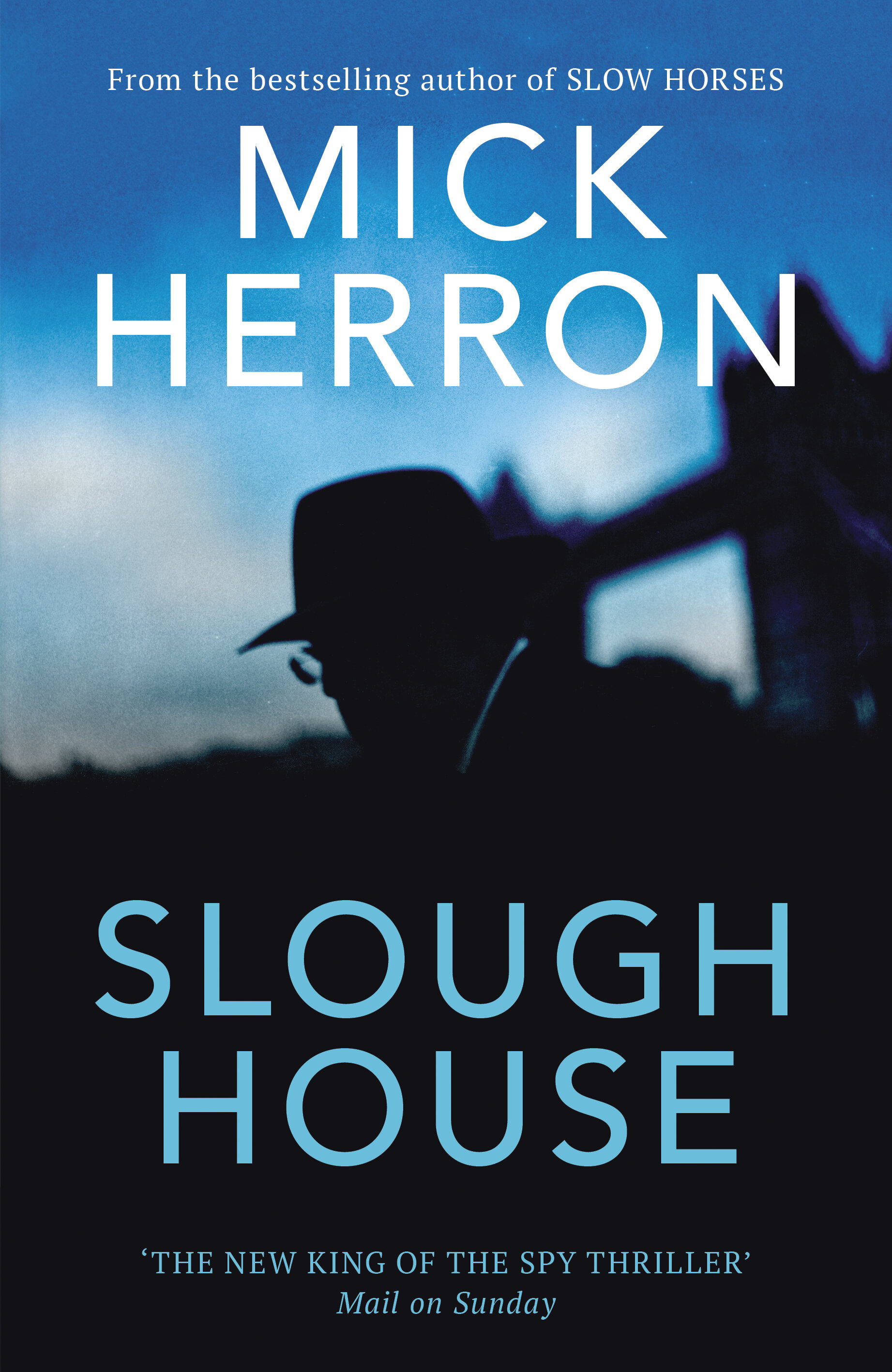“I once told you, Jeffers, about the time I met the devil on a train leaving Paris.” Rachel Cusk’s latest novel, “Second Place”, begins with this arresting recollection. At the end of the book a brief note informs readers that it “owes a debt to ‘Lorenzo in Taos’, Mabel Dodge Luhan’s 1932 memoir of the time D.H. Lawrence came to stay with her in Taos, New Mexico”. It is not necessary to be familiar with this antecedent, however, to enjoy the oddly compelling (if intermittently baffling) story that Ms Cusk tells in the pages in between.
Only ever referred to as M, the narrator is living happily with her second husband Tony “in a place of great but subtle beauty” in an unnamed country. It is 15 years after she encountered the devil (Jeffers, to whom she confides this hallucinatory experience, is her implied interlocutor throughout). Ms Cusk keeps the details of the landscape vague but the “woolly marsh” does not sound like New Mexico. M invites L, a painter and a friend of a friend, to stay at her “second place”, a cottage M and Tony have built on their land.





